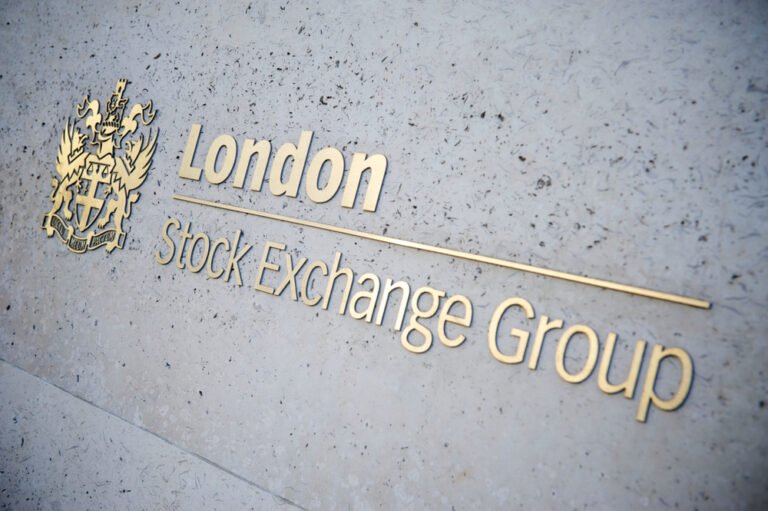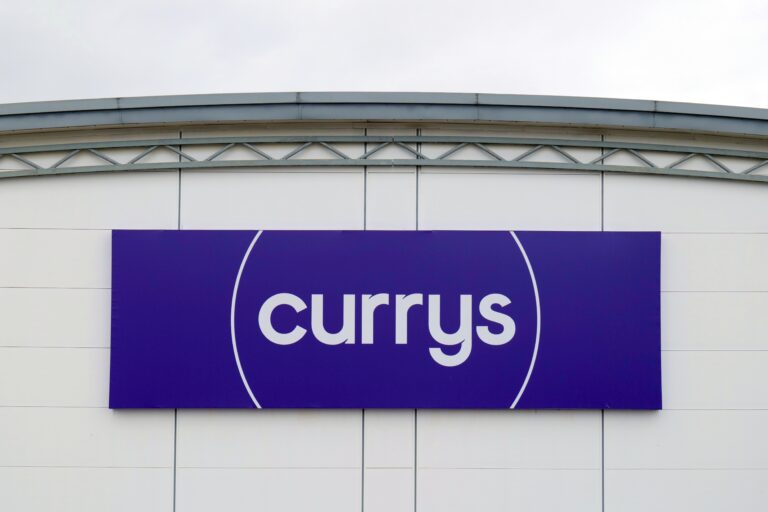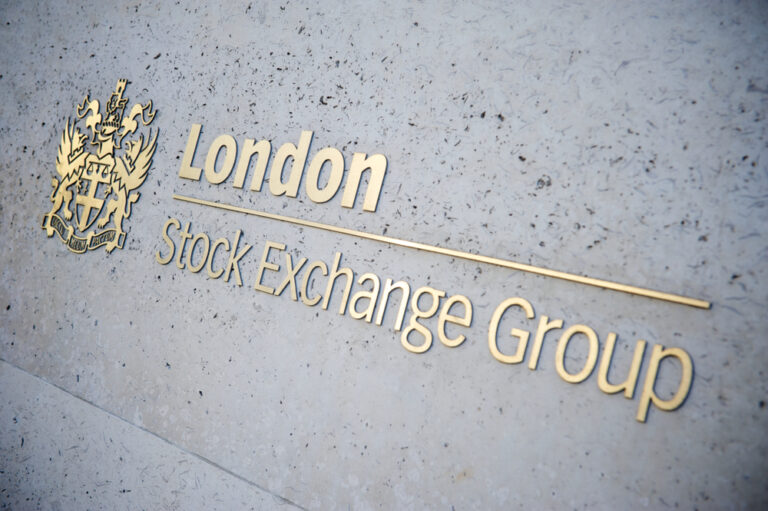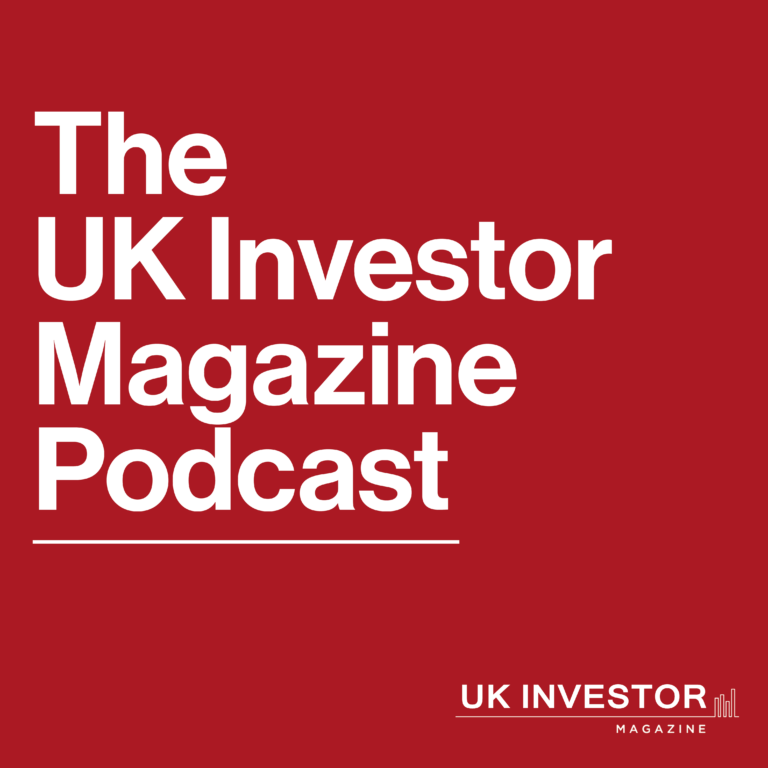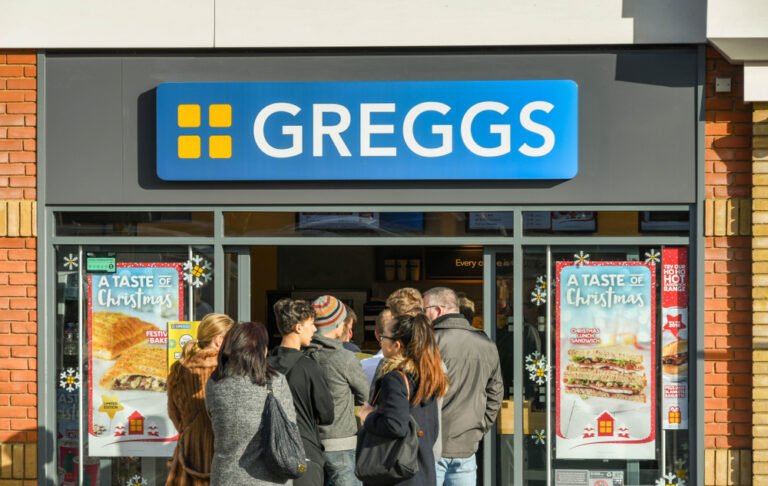The FTSE 100 was higher on Thursday as the index recovered from a wobble in UK assets following speculation about the Chancellor Rachel Reeves’ future. A trade deal between the US and Vietnam also helped boost sentiment and interest in equities.
London’s leading index was 0.4% higher at the time of writing as bond yields eased and the pound moved higher against the dollar.
“After yesterday’s political chaos around the future of Rachel Reeves as chancellor triggered a spike in UK government bond yields, prime minister Keir Starmer has now brought a sense of calm to markets,” says Dan Coatsworth, investment analyst at AJ Bell.
“Starmer declaring his support for the chancellor has led to gilt yields pulling back and sterling rebounding after yesterday’s slump against the dollar. The initial sell-off in gilts and the pound was the market’s way of saying it was losing faith in the economic outlook and political stability.
“It was an electric shock for investors but today’s rebound suggests that crisis has been averted, at least for now. UK economically sensitive assets were in relief mode, including a rally in housebuilders and banks.”
Although Rachel Reeves is becoming increasingly unpopular among the voting public due to her tax increases and welfare reforms, the sharp increase in gilt yields yesterday, on speculation that she may leave, suggests that she is seen as a good bet by the bond market.
Nonetheless, the easing of uncertainty was felt across UK-centric FTSE 100 stocks on Monday with NatWest, Lloyds, Sainsbury’s and Marks & Spencer among the top risers.
Retailers were boosted by strong results from Currys, which has begun paying dividends again after a prolonged period of strategic realignment.
FTSE 100 gains were broad, with 87 of the 100 constituents trading positively at the time of writing. A deal between Vietnam and the US helped lift sentiment, sparking a rally in US stocks overnight that filtered through into the European session.
“The details remain to be seen, but it is good to have some more certainty, and also to see Trump praise the Vietnamese again, pointing out his admiration for General Secretary To Lam,” said Craig Martin, Chairman of Dynam Capital, the manager of the Vietnam Holding Investment Trust.
“The headline figure of 20 percent is in the expected range. That said, it is still high – a classic case of Anchor Bias: Start with a ridiculously high opening bid, 46 percent, and then anything lower looks like a win.
“Vietnam has gone to great efforts to accommodate Trump. It has also recognised the need to further diversify its trade partners and to prioritise the expansion of its domestic economy.”

